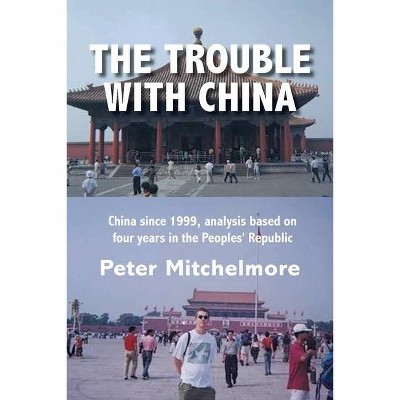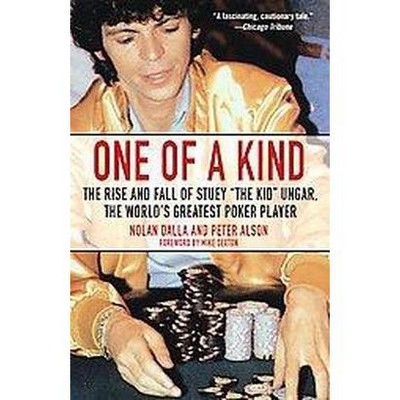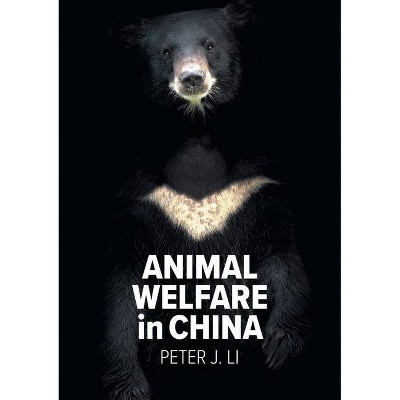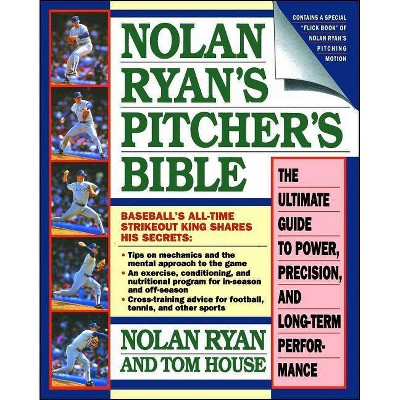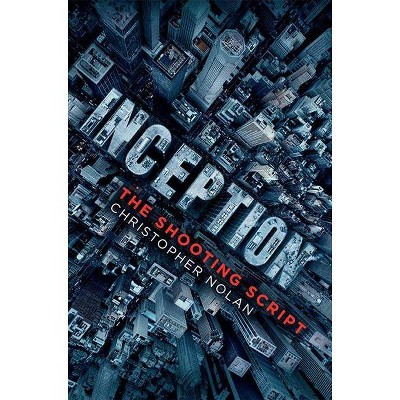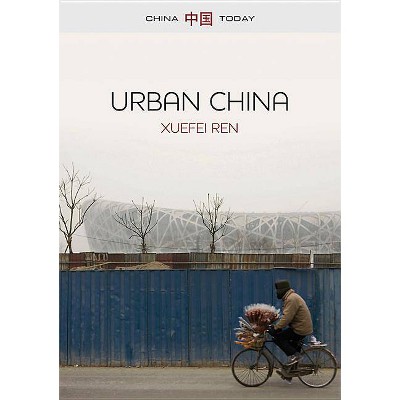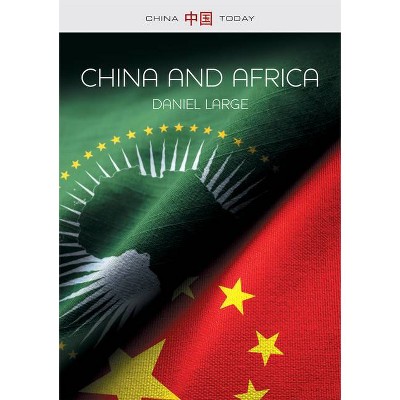Re-Balancing China - by Peter Nolan (Paperback)
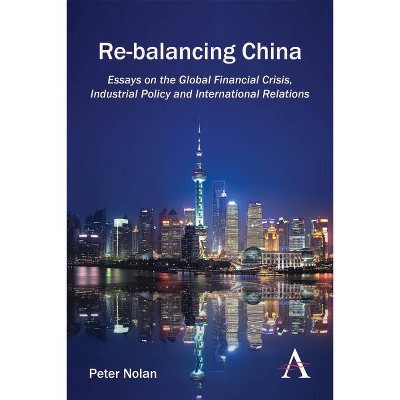
Similar Products
Products of same category from the store
AllProduct info
<p/><br></br><p><b> About the Book </b></p></br></br><p>'Re-balancing China' addresses three key sets of issues in China's political economy: the impact of the global financial crisis, the challenge of globalization for the nation's industrial policy, and the potential conflict that might arise from the West's fears of China's growing economic and military power.</p><p/><br></br><p><b> Book Synopsis </b></p></br></br><p>'Re-balancing China' addresses three key sets of issues in China's political economy. Part One of the text provides an analysis of the profound impact of the global financial crisis on China's economy - an economy deeply integrated in the global economic system through trade and foreign investment. It also examines the positive outcomes of the massive rescue package that constituted China's policy response to the crisis. The rescue package stimulated Chinese growth and helped to stabilize the global economy as a whole. </p> <p>Part Two focuses on the challenge of globalization for China's industrial policy. Since the 1980s, China has pursued an industrial policy aimed at nurturing a substantial group of globally competitive firms, most of which have become superficially successful. However, China still has a negligible number of large firms that are competitive in global markets. China's experience presents a fundamental challenge to traditional concepts of industrial policy and development. </p> <p>Finally, Part Three examines China's international relations, the focal point of which is its relationship with the United States. The US has made it clear that its principal challenge in international relations is the 'rise of China' and has announced a 'tilt towards the Pacific' in its military strategy. As a result, the core of this interaction spans the East and South China Seas and the countries that surround this area.</p><p/><br></br><p><b> Review Quotes </b></p></br></br><br><p>'"Re-balancing China" is less a book about China than an original and penetrating analysis of the development of global capitalism and China's place within it. Better than anyone else, Peter Nolan explains the choices facing China's leadership before and after the global crisis, and the implications of these choices for China and the world. This book is an important response to the alarmism found in so much of the popular and academic writing on China's rise.' --Jonathan Pincus, Rajawali Institute for Asia, Harvard Kennedy School</p><br><br><p>'Peter Nolan offers a range of valuable insights into what the post-2013 scenarios for China and the world might look like. The discussions range from the changing global balance of economic power to the dilemmas of Chinese industrial policies, and conclude with a striking study of China's changing strategic position and the maritime disputes in the East Asian region. Anyone concerned with the Chinese dimension of our global political evolution should read this book.' --Christopher Howe, SOAS, University of London</p><br><br><p>'Very few Western academics know China through its economy, history and culture as well as Peter Nolan. This is a remarkable book, breathtaking and original in its analysis of the transformations in China's economy as it seeks to re-balance internally and with the rest of the world. No one has done this better in context and explained the tensions and conflicts within China and with its major trading partners and competitors. I could not put this book down.' --Andrew Sheng, President of the Fung Global Institute, Hong Kong</p><br><p/><br></br><p><b> About the Author </b></p></br></br><p>Peter Nolan is the Chong Hua Professor of Chinese Development and Director of the Centre of Development Studies at the University of Cambridge.</p>
Price History
Price Archive shows prices from various stores, lets you see history and find the cheapest. There is no actual sale on the website. For all support, inquiry and suggestion messages communication@pricearchive.us
